Learning through storytelling in mentoring
Transmitting learning through storytelling is an age-old tradition, which has regained prominence in recent years as a tool for the development of skills and competencies.
If we look back on our lives, we can probably recall a few situations where someone told us a story from which we learnt something. The moral of the stories they used to tell us when we were growing up served an educational and exemplary purpose.
When we listen to a story, our mind is more open, allowing for better listening and understanding, which enables a deeper and long lasting learning experience. This translates into an acceleration of learning and therefore reduces our resistance to change. Stories are a perfect ally when we are trying to awaken someone’s interest and inquisitiveness, which are essential prerequisites for continuous learning.
¿How does storytelling work in mentoring? Mentors are storytellers; it is through their stories that they allow their mentees to reflect, question, and reaffirm. These stories can be tales, jokes, films, anecdotes, but mainly personal stories, the mentor’s own experiences or those of other people, which help the mentee understand their own situation, solve a problem, make a decision or generate alternative actions or points of view.
Storytelling is an important part of the experiential learning that characterizes mentoring.
For stories to achieve the objective of contributing to someone’s personal or professional development, it is essential to select the right story, which must be relevant to the context, i.e. to the needs of the mentee, their personal situation, the challenges they are facing or the obstacles they wish to overcome. There should always be a moral of the story, which is the message that generates learning.
Mentor and mentee will discuss the story, exchange opinions, reflect: this process must allow the mentee to draw their own moral of the story. It must be the mentee who discovers the moral, because that is precisely where the learning happens. The message should not be explicit. This video provides an example of Storytelling in which there is an implicit message which connects with the viewers’ emotions and generates enduring memories.
Stories, by placing us outside of our own experience, allow us to contemplate situations as spectators, which provides us with the right distance to be able to see things differently, without feeling threatened. From that point we can then apply the lesson learned to our own situation. The same story does not hold the same meaning for two different people or in two different situations.
The internal process which takes place when we listen to a story could be described as follows:
• Putting ourselves in a situation outside ourselves allows us to generate an emotional distance. We relax and the blockages which generally prevent learning disappear.
• When we remove blockages, we stimulate an open mindedness which encourages reflexion from a safer place.
• Reflexion drives change, first mental or internal change, and then external changes or changes in our actions.
• For storytelling to be effective, stories need to be realistic and adequate to the recipient’s needs; they must be believable and able to connect emotionally. It is very important to observe the listener’s reactions and interpret their responses to adapt the story accordingly. Storytelling allows for two-way learning, because with each listener’s interpretation of the story, the narrator also acquires new viewpoints.
Stories are important in mentoring because they encourage change, they generate confidence, and they facilitate knowledge sharing and the transmission of values.
Change does not happen rationally, but emotionally. The driver for action is motivation, and it lives in our hearts. Stories don’t connect with our brain, they connect with our heart, and it is our heart which then sends the change message to our brain. Our mind opens when our feelings open.
Storytelling is part of what we call “conventional wisdom”, which seems to be reviled in this era of information and knowledge. What we call “old people’s tales” constitute an immense source of information and learning which we must make the most of throughout our lifetime. Conventional wisdom is inspired by stories told since the beginning of time, which have been transmitted through generations by very different people.
In this interaction continuum, stories are enriched with further teachings drawn from the different contexts and participants. They are a source of renewed knowledge. It would be interesting to study how people’s development and learning was influenced by growing up in an environment where younger generations frequently conversed with older ones, and listed to stories told by different people in different contexts.
The acquisition process for a person’s intellectual, cultural and social capital can be influenced by this type of experiences. One of the main objectives of mentoring is helping mentees grow their intellectual, social and cultural capital so that they can progress and develop personally and professionally, and reach their goals.
Author: María Luisa de Miguel | Sep 4, 2014 Directora Ejecutiva Escuela de Mentoring.
Translation by: Lourdes Ruiz del Portal

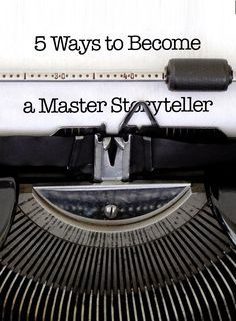

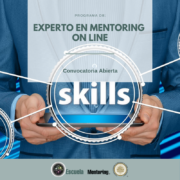


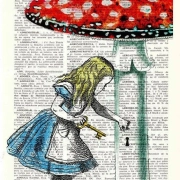
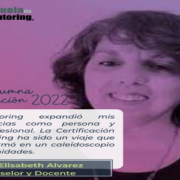

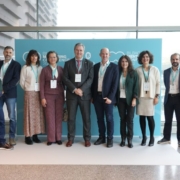



Dejar un comentario
¿Quieres unirte a la conversación?Siéntete libre de contribuir!